The Best DJ Myth persists because taste, context, and culture shape what feels “best.” From radio’s pioneers to today’s festivals, DJing keeps evolving, and so do arguments about who the greatest is. Music history, technology, personal preference, and global culture all prove there is no such thing as a single “best DJ.”

The Evolution of DJing
DJing began in the early 20th century with radio presenters who played recorded music for mass audiences. These broadcasters were tastemakers, but even then debates about the Best DJ Myth began. Who had the best selections? Who connected with the crowd most? The arguments started long before the first nightclub turntable was even plugged in.
In the 1970s, hip-hop DJs such as Kool Herc reinvented the profession. They extended breaks, invented scratching, and gave rise to turntablism. The craft evolved into something more creative and interactive. By the 1990s and early 2000s, electronic dance music had turned DJs into global stars. Carl Cox, Roger Sanchez, and Fatboy Slim were no longer just selectors but cultural icons. Yet even at this point, no single artist could hold the crown universally..

Subjectivity in Music Preferences
The Best DJ Myth thrives on subjectivity. Ask any crowd in Ibiza, Berlin, or Dubai who the best is, and the answers change by the minute. One listener may favour the melodic flow of Solomun, while another lives for the drum and bass intensity of Andy C. In the Middle East, some swear by the energy of DJ Bliss, while others praise the groove-laden sets of Smokingroove.
Music is deeply personal. As a classic lyric declares: “Music is the answer, it’s the only way to express what you feel inside.” That inner connection explains why one DJ can be unforgettable to one person yet unremarkable to another. There is no universal definition of “best.”
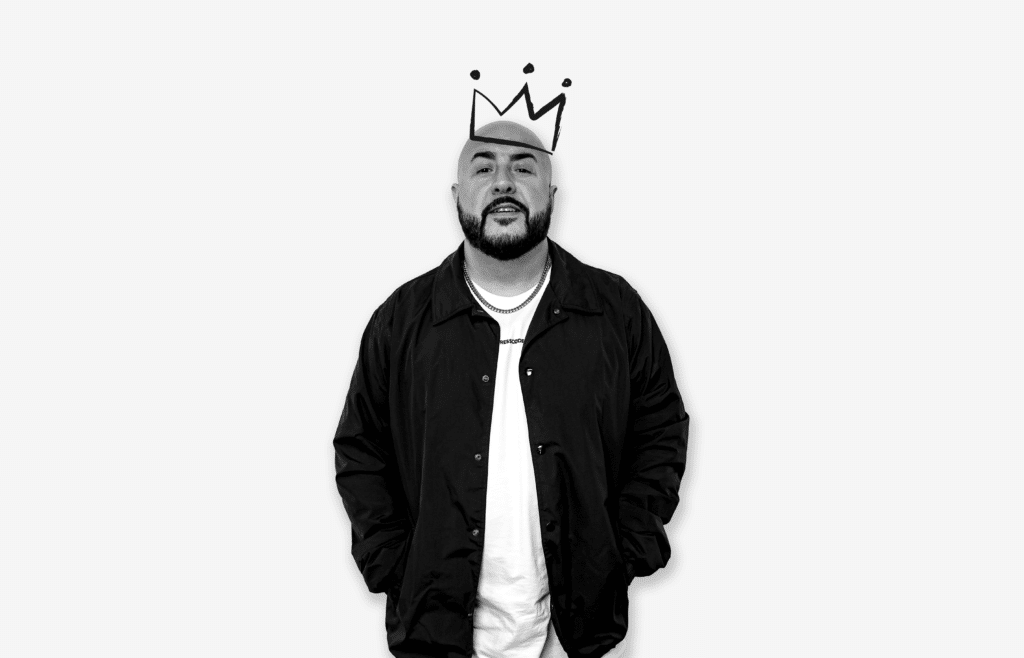
Diverse DJ Styles
The diversity of DJing makes the Best DJ Myth impossible. Each genre requires unique skills:
- House and Techno DJs like Solomun craft hypnotic journeys that keep crowds moving for hours.
- Drum and Bass DJs such as Andy C execute lightning-fast mixes at 170 BPM with surgical precision.
- Open-format DJs like Adam-J in Dubai blend genres to suit diverse audiences in multicultural cities.
- Afro-house DJs like Charl Chaka draw on heritage, building rhythmic sets rooted in cultural tradition.
Every style appeals to different crowds. To crown one as best would be like asking which cuisine is best: Italian, Japanese, or Lebanese. The answer depends on who you ask, where you are, and what moment you live in.
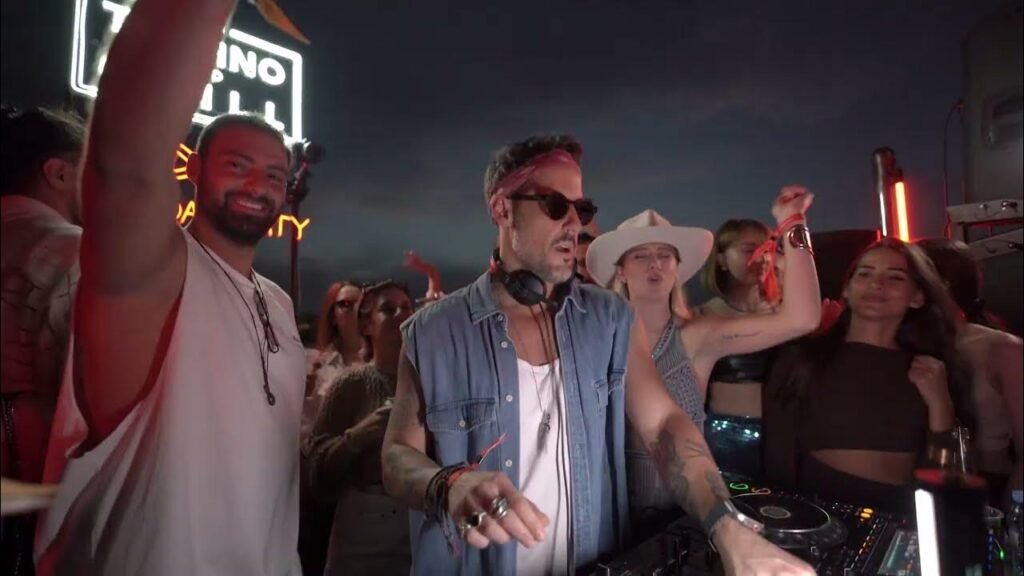
Technology’s Influence
Technology continually rewrites the rules of DJing. The shift from vinyl to CDJs to laptops and controllers expanded creative possibilities. Software like Traktor and Ableton Live gave DJs tools for looping, sampling, and live remixing. The arrival of stem mixing and AI-assisted platforms is changing the landscape again.
For some, the essence of DJing lies in beat-matching on vinyl by ear. For others, it is about creative layering and live production with digital tools. Neither is more authentic than the other. Both reflect skill. Both demonstrate artistry. The Best DJ Myth dissolves when you accept that technology only broadens the scope of what DJing means.
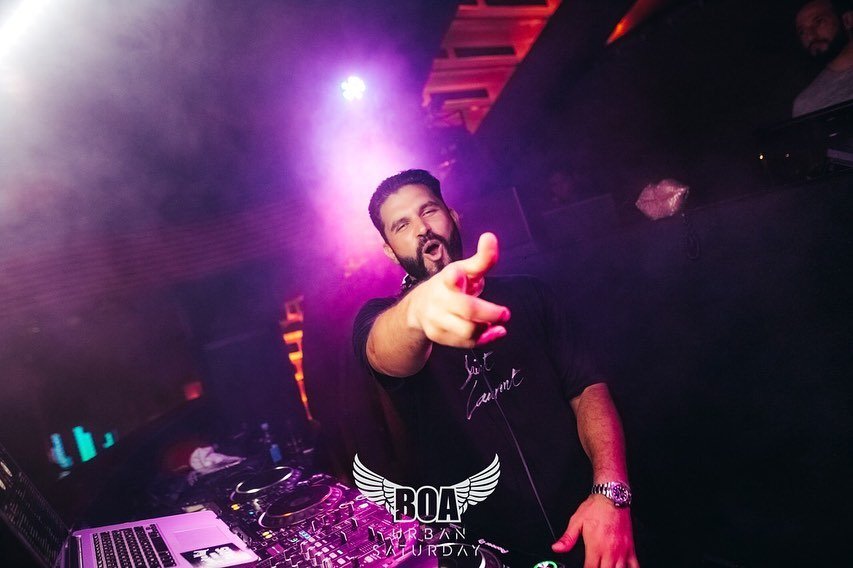
The Role of Performance
A DJ’s impact cannot be judged only by technical skill. Connection with an audience defines a set’s power.
- DJ Bliss is celebrated for his explosive stage presence, turning arenas into euphoric gatherings.
- Kaytek excels in crafting deep, immersive moods, proving that subtlety can be as powerful as fireworks.
- Smokingroove in the Middle East prove that groove, storytelling, and flow matter as much as technical tricks.
The myth of the best DJ collapses here. What electrifies one crowd can bore another. Performance is judged not by skill alone but by chemistry, setting, and energy.
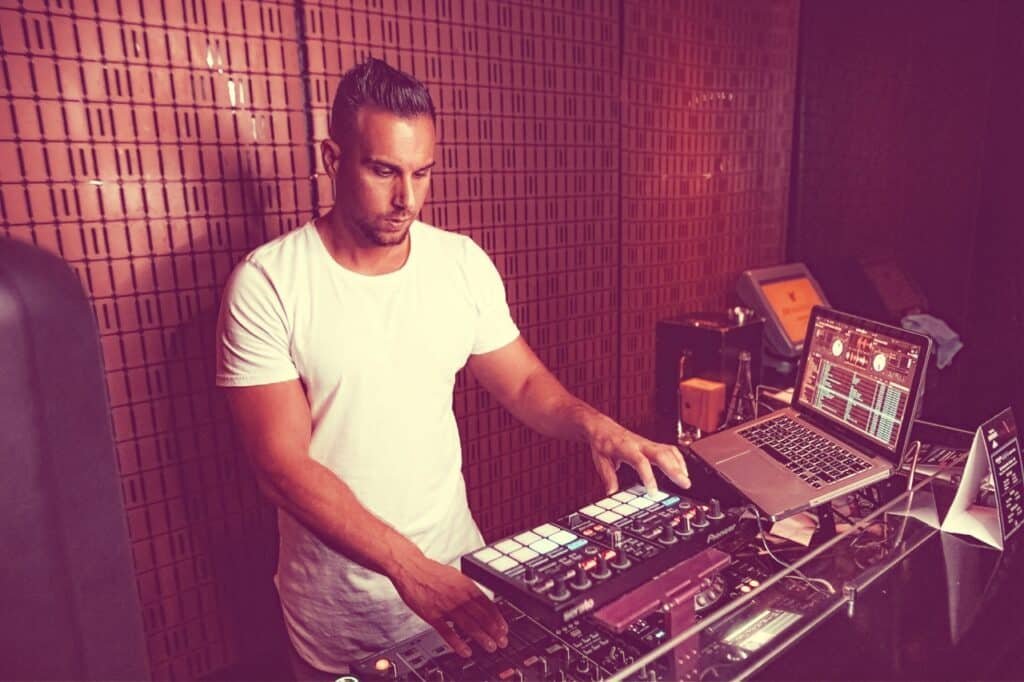
Influence of Global Culture
Culture adds another layer to the Best DJ Myth. DJs reflect their backgrounds and contexts. Charl Chaka fused Afro-house with South African rhythms. Adam-J in Dubai merges global influences with local flair, speaking to the UAE’s diverse communities.
A Berlin techno DJ, a New York hip-hop DJ, and a Dubai open-format DJ cannot be compared on equal terms. Their environments, crowds, and cultural DNA make their artistry unique. DJing is global, and that globalisation ensures no one can own the title of best universally.
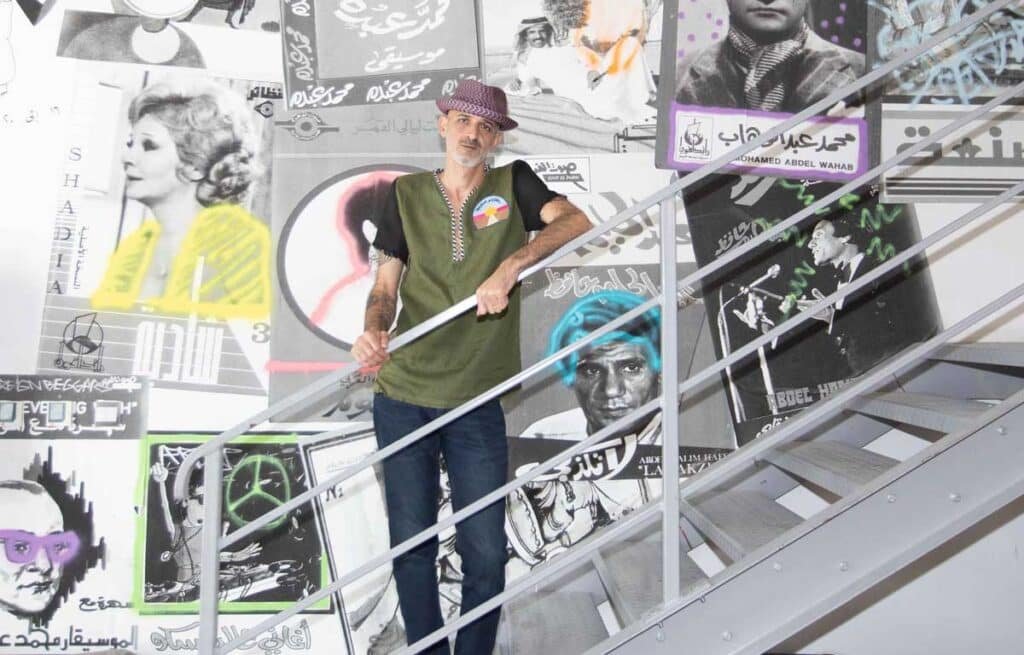
Awards and Recognition
Polls and awards add noise to the debate. Magazines publish rankings. Awards label winners. Yet these recognitions often fuel the Best DJ Myth more than settle it. Voting is swayed by marketing, social media reach, and branding power, not only by technical skill or musical depth. Underground heroes can move entire scenes with no award at all, while chart-topping DJs dominate mainstream lists.
The truth is simple: awards measure popularity, not absolute skill. They reflect a moment in culture, not a permanent crown.

Continuous Evolution
The Best DJ Myth lives because DJing never stands still. During the COVID-19 pandemic, DJs live-streamed sets to global audiences stuck at home. Today, hybrid DJ/live acts blur lines between performing and producing. Tomorrow, AI tools may change everything again.
Every innovation brings new heroes, new voices, and new debates. The DJ of the moment is just that: a figure of the moment. DJing evolves too fast for any title of “best” to last.
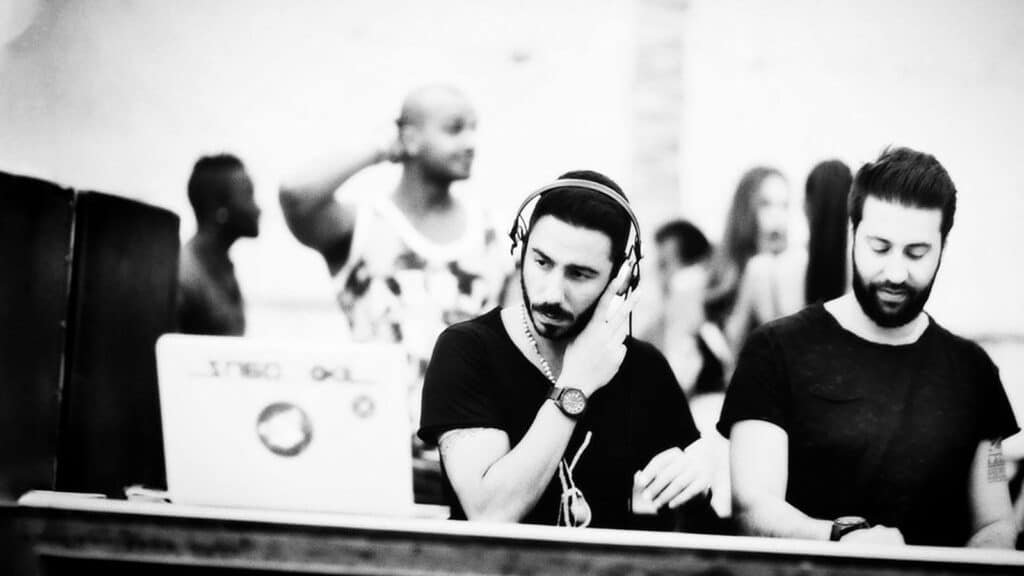
Why the Best DJ Myth Persists
Despite all the evidence, the Best DJ Myth refuses to die. Fans crave icons. Media outlets crave rankings. DJs themselves seek recognition. But the truth is always the same: the best is in the ear of the beholder. The only true measure of a DJ is whether they make you feel something, whether they create a memory that stays long after the music stops.
I have stood in packed festival fields as sunrise broke over the crowd, watching thousands sway in unison to a single beat. That moment belonged to that DJ, but to call them the “best” would erase the magic of subjectivity. Greatness is personal. And that is why the Best DJ Myth will always endure.



